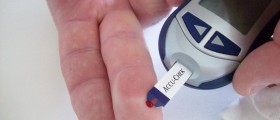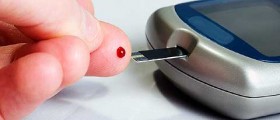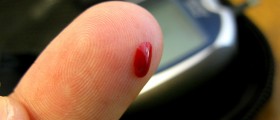
Information on Glyburide
Insulin is a hormone which gets produced by the pancreas. It gets released into the blood and its main purpose is to reduce the formation of glucose and the removal of glucose from the cell in the human body. Those who suffer from type 2 diabetes have very high levels of glucose in the blood as the cells in their bodies are resistant to the effect that the insulin is supposed to provide.
Those people usually also suffer from excessive production of glucose in the liver. In those cases the pancreas is unable of producing sufficient amounts of insulin. Glyburide is an oral diabetic medication from the class of sulfonylureas and its main purpose is to lower the levels of glucose. It is efficient in stimulating the pancreas and its production of sufficient amounts of insulin. The medication was approved by the FDA in 1984, but throughout the years it became obvious that it may also be affiliated with certain side effects.
Glyburide Side Effects
The common side effects of glyburide usually include nausea, dark urine, heartburn, stomach pain, fatigue, swelling of the hands, seizures, swelling of the feet, fever, easy bleeding, sore throat, easy bruising, mood swings, stomach fullness, yellowish skin and yellowish eyes. Glyburide may also be affiliated with certain types of allergic reactions such as rash, difficulty breathing, itching, dizziness and swelling.
Some patients who use glyburide have also experienced sudden weight gain as a side effect of this medication. It is recommended for breastfeeding and pregnant women to avoid using glyburide because it may lead to congenital abnormalities. It may also induce severe types of hypoglycemia in the new born infant. Certain signs of hyperglycemia such as thirst, fruity breath, increased urination, rapid breathing, confusion, flushing and drowsiness may indicate that the dosage of medication needs to be increased.
Hypoglycemia may be caused by an insufficient intake of calories. This medical condition can be characterized by certain symptoms such as chills, hunger, cold sweat, tingling sensations in the feet or hands, blurred vision, fainting, dizziness, headache, shaking, excessive weakness and palpitations. Those who take glyburide should always have it with them along with some quick source of sugar.
It is also important for those who suffer from diabetes to never skip their meals in order to maintain normal levels of sugar in the blood. All side effects of glyburine can be prevented by utilizing regular exercise programs which efficiently control the levels of sugar in the blood.

















Your thoughts on this
Loading...